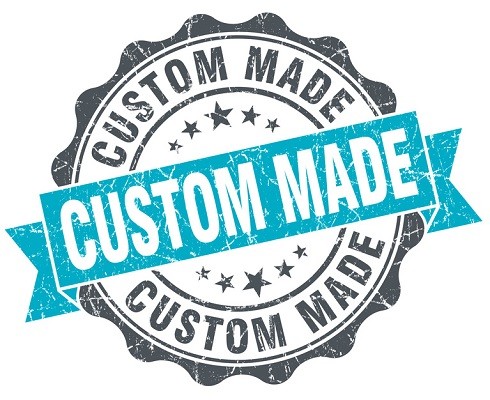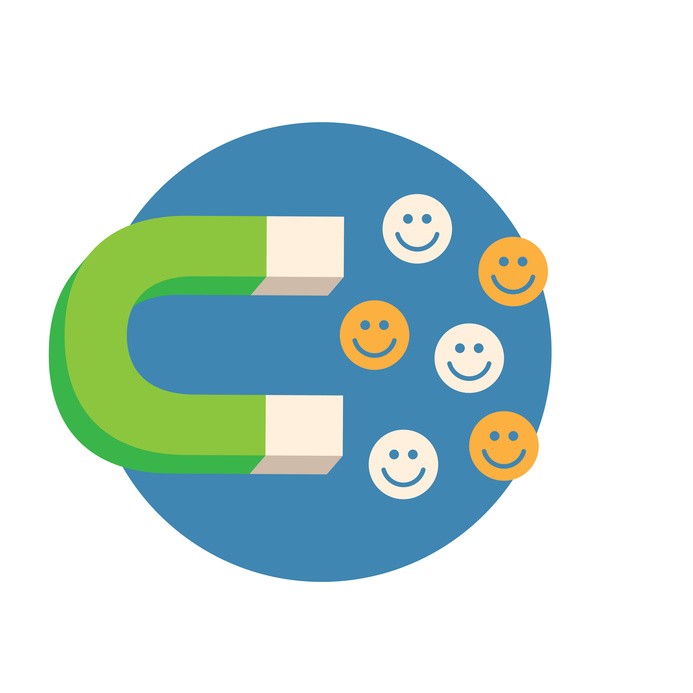We all love a personal touch—the barista who gets your order right, the dentist who asks about your pets. Why not bring that same familiarity to your email marketing?
This is the goal of segmenting your email lists. It enables you to communicate more directly with your contacts and address their specific concerns and needs. Let’s explore what goes into this kind of strategy to maximize the engagement and growth you can see from your own efforts.










![A Beginner's Guide to Facebook Advertising - Expand your Reach with Lookalike Audiences on Facebook [7 of 7]](https://www.joomconnect.com/images/easyblog_articles/234/b2ap3_large_Clone---Blog-Cover-Image.jpg)











